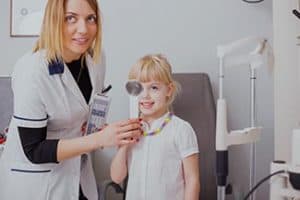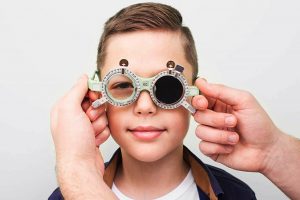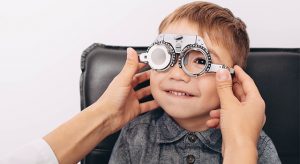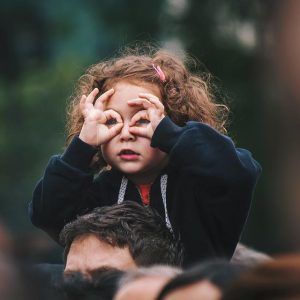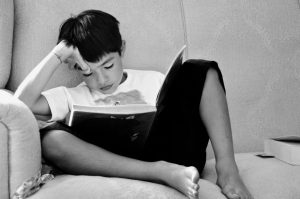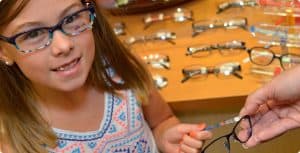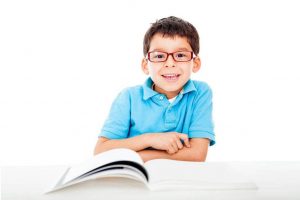Home > Children's Vision > Guide to Children’s Eye Exams
Guide to Children’s Eye Exams
-
Eye Exams for Children
Eye doctors utilize specific clinical and diagnostic tools and assessments to determine your child’s eye health and visual abilities. Since many learning skills are dependent on the strength of visual skills such as binocular vision, accurate eye movements, the ability to see distant objects, etc., doctors recommend that children have their first eye exam at age 6 months.... -
Cycloplegic Refraction: Top 5 Q&As
Here are answers to the most frequently asked questions about this eye test. Comprehensive eye exams are key to ensuring that your child has the... -
Why Does My Child Need a Cycloplegic Refraction?
What is a cycloplegic refraction and why is it important? Many eye doctors recommend a cycloplegic refraction to enable early detection of potential vision problems... -
What Is a Binocular Vision Assessment?
Binocular vision assessment is not part of the standard eye test – so what is it and why is it so important? We are all... -
20 Signs Your Child Needs Vision Therapy
An estimated 25% of children have an undetected vision problem holding them back at school or while playing sports. Kids can be quite vocal when... -
Children and Sunglasses
By age 18, our eyes have received 80% of their lifelong UV exposure from the sun (World Health Organization). Many parents question if their children... -
Does My Child Need Glasses?
Not sure if your child needs glasses? Here are 7 signs to look out for. Vision problems can impact a child’s development and affect their... -
How to Improve Your Child’s Reading Skills
If your child struggles to read, they may have an undetected visual problem. Reading fluency and comprehension is dependent on the strength of the visual skills - specifically, binocular vision, saccades, accommodation, visual fixation, and convergence. A deficiency in any of these visual skills can result in reading difficulties, which can consequently impact a child’s ability to learn.... -
8 Tips to Protect Your Child’s Vision
Visual health is crucial for all aspects of life - seeing, learning, and connecting with others. Follow these tips to protect your child’s eyes and developing vision, to give them a life-time of clear vision, good eye health and the best opportunity to succeed in school and the sports field.... -
Multifocal Designs for Children
Your eye doctor may have prescribed multifocal lenses for your child, but are multifocals only for adults? Multifocal lenses are generally prescribed for adults who have blurry near vision, and complain of reading difficulties due to lack of vision clarity, however eye doctors are also prescribing these lenses for children.... -
Can Children Wear Contact Lenses?
Eye doctors report that over 4 in 10 of their contact lens patients are school aged. According to the American Optometric Association (AOA), approximately 45 million people in the US wear contact lenses and 14.5 percent of all children under 17 years wear contact lenses.... -
Eye Drops For Children
What are eye drops used for in children? Your eye doctor may have used eye drops during the eye exam of your child or may have prescribed eye drops for their use. Eye drops are commonly administered or prescribed by eye doctors for children.... -
Choosing Glasses for Children
A guide to choosing the best eyeglasses for your child. Eyeglasses for children are now fun, colorful, and available in a wide variety of shapes and sizes. The latest children’s frames are also durable enough to survive the rough and tumble play of today’s child. With so many appealing choices, walking into an optical store can be quite overwhelming ... remember to keep this experience as fun and relaxed as possible!... -
How Do Reading Glasses Help Children?
Has your optometrist prescribed reading glasses for your child? When people think of reading glasses, they generally think of older adults with presbyopia. Reading glasses for children, typically referred to as 'low plus' lenses, are not prescribed for the same reason as they are for adults, but rather to support the focusing skills necessary for near vision activities....

